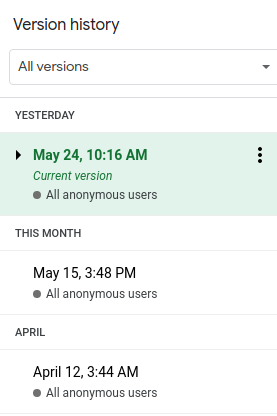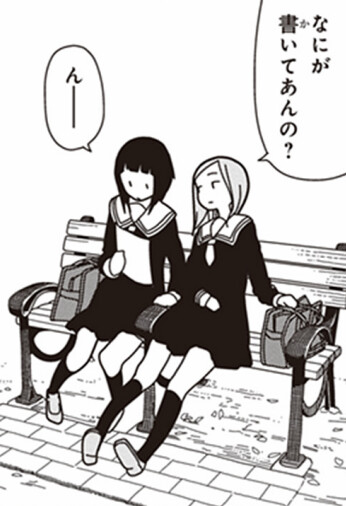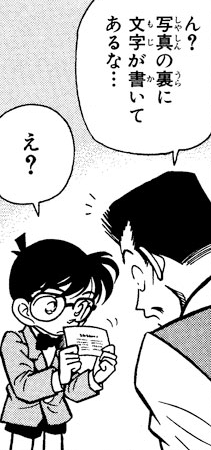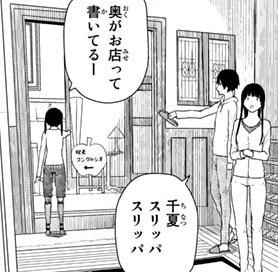so this is great that people have moved things to a separate bookclub forum but now I wonder…not that everyone is malicious …
don’t wanna be a debbie downer…
but with them being indexed (the vocab lists are publicly editable)… so it wouldn’t take much for someone to go and wipe them out if they felt like it… (while this could happen now)…it’s more likely with the forums being in the public index…
maybe it’s not a real concern but if it were me… I’d be so inclined to have the actual bookclubs not indexed (in general)… or maybe there’s a better way of doing the vocab instead of google sheets…but want to point this out before someone evil comes along and decides to ruin all the great work that has been built up til now …









